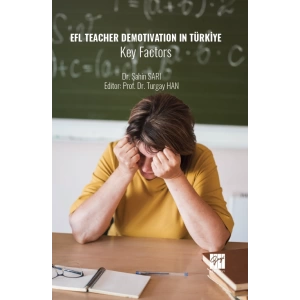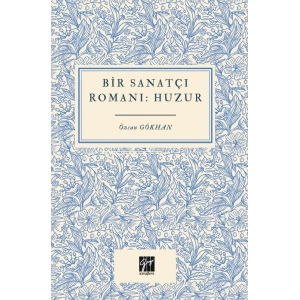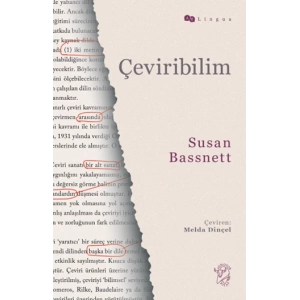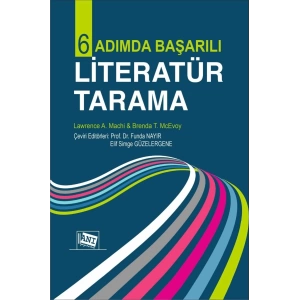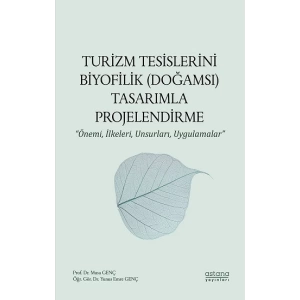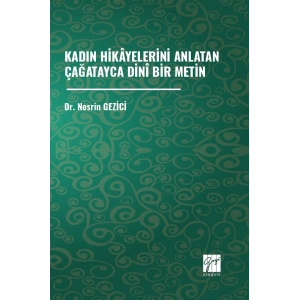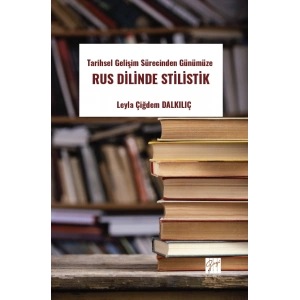Many transnational narratives situate the immigrant at a crossroads in terms of a loss of the 'original' culture in exchange for the new 'American' culture, where national diversities are confined to a singular framework and rhetoric of displacement, overruled by the myth of successful assimilation, whereby the hardships of adjusting to foreign spaces are 'normalized' and reduced to a series of trials. Applying psychoanalytic and postcolonial frameworks to literary analysis, this work explores some of the prominent transnational narratives to establish that the melancholic dynamics of space, memory, and language can subvert misrepresentations and grant the immigrant mobility within the confines of homogenized spaces. It seeks to explore the ways in which the transnational American narrative employs melancholic tenor as aesthetics to empower displaced figures. Situating its protagonists at the locus of nations, these narratives underscore melancholia, mourning, and memory as tools and protocols of agency that challenge the myth of assimilation and re-think the rhetoric of displacement.





